
AW2020: ID5 moderates panel discussion on identity as part of Advertising Week 2020
- Posted by Valbona Gjini
- On Oct 28, 2020
“Start talking to your partners now – this is not a conversation for the future. If your technology partner is not able to clearly articulate what their strategy is for identity over the next 18-24 months, that might be cause for concern.” Chris Keenan, MediaMath.
Identity is an undeniably complex issue but is nevertheless an essential component for the success of digital advertising. It allows for the individualisation of users for targeting and retargeting, the displaying of different messages to different groups of people and the ability to measure performance.
The need to implement a viable identity solution is becoming increasingly apparent for publishers, advertisers and consumers alike, as stressed by our Chief Strategy Officer, Joanna Burton:
“Over the past few years, browsers Safari and Firefox have both removed access to third-party cookies. Earlier this year, Chrome announced its plans to deprecate third party cookies by 2022. Apple has also announced plans to make its identifier for advertisers opt-in for consumers on mobile.
Browsers claim they are responding to consumers’ privacy concerns and GDPR. These changes have forced advertisers and the industry to redefine one of its core capabilities – how we identify users.”
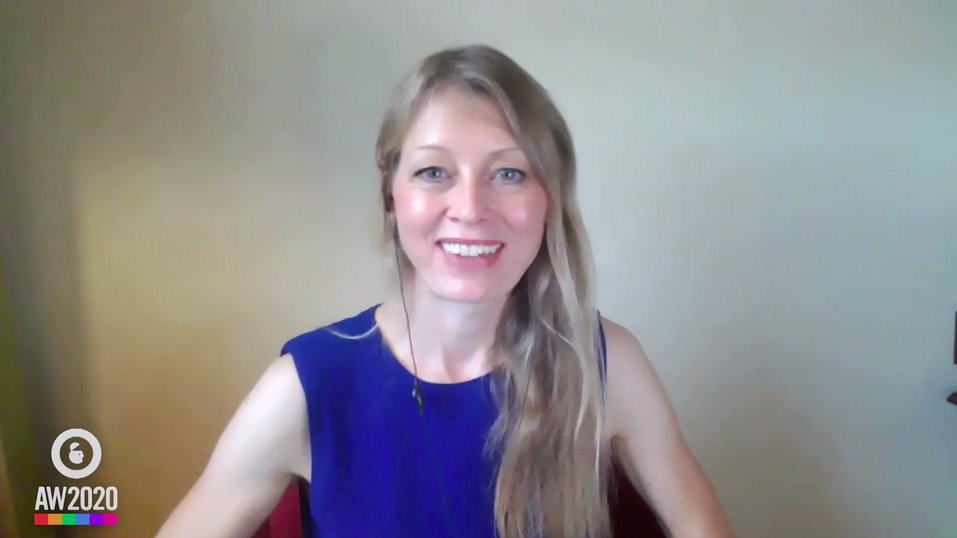
Amidst the growing concerns, ID5 brought together four industry experts to discuss precisely why the industry needs to address the issue of identity and what the future might hold. On October 2, Joanna was joined by the four experts in our ‘The future of Identity: building an infrastructure that benefits brands, publishers and consumers’ panel discussion as part of Advertising Week 2020, which took place from September 29 until October 8.
Panellists include Amber Tomlinson – DSP Lead at EMEA – Magnite (formerly Rubicon Project and Telaria), Oliver Walker – VP, Digital Analytics at Merkle, Lauren Dick – Director, Business Development at MailOnline / Metro.co.uk and Chris Keenan – Vice President, Commercial at MediaMath.
In just under 25 minutes, all five were able to cover a range of burning questions concerning identity: What exactly are the challenges we’re facing? How can we educate the industry and advise our clients? What solutions are available and which should we choose?
So, without further ado, let’s jump right into the best bits from the discussion and answer some of the critical questions outlined above.
Joanna: What is your view on this issue and how significant is the problem?
Lauren: “The challenge that we have, not just as a publisher ourselves, but as an entire industry, is that we’ve got quite a short timeframe to effectively rewrite a whole language used for a myriad of different purposes. We need to make sure those conversations are happening in parallel with both buy-side and sale-side, which is complicated to achieve. Firstly, every advertiser needs to be on board or live up to a certain set of standards. On the Publisher side, it’s ensuring that all of the tech is standardised.”
As Lauren points out, identity is an issue facing the entire industry, and the deadline is fast approaching. One of the critical concerns is this need to rewrite a whole language that everyone can understand.
Despite this being a scary prospect, it can also act as an opportunity to open the door to a new and improved way of doing things – putting privacy and 100% availability at the forefront.
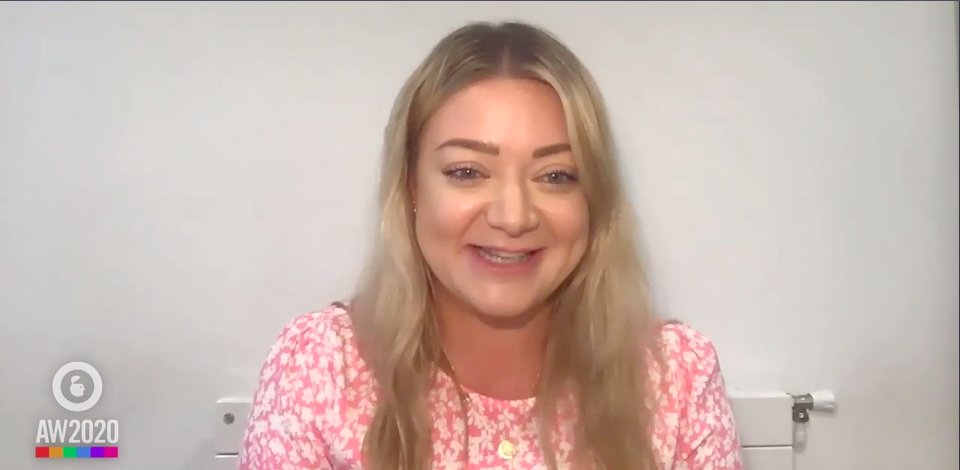
Joanna: How are you advising the brands, and what questions do the brands ask you?
Ollie: “This year, identity is one of the three named marketing imperatives that we think brands should be starting to grasp. From a CMO’s perspective, for example, they are likely to see identity management as one part of this giant puzzle, to deliver customer-centric communications successfully. Whereas from a media-side, they’re asking questions around what happens when the cookies finally crumble. We also have clients where we work in the decision and orchestration space for them, and they are looking at identity from a single-customer view perspective.
The questions we get asked are around ‘how do I get started’, ‘what are the options that I’ve got available’ and therefore ‘what options should I choose’.”
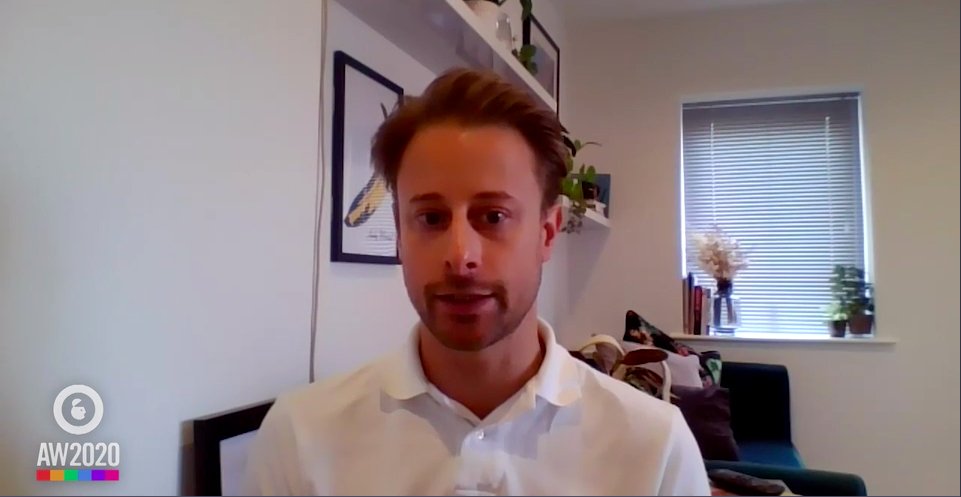
Joanna: What questions do your clients, which are the demand-side platforms, have about identity, and how do you advise them?
Amber: “Conversations tend to fall into three buckets. The first bucket is those who are not interested in identity. They see this as a problem that someone else will solve and they can follow suit a little bit later. The second bucket doesn’t know too much about identity or doesn’t know what to do. They are largely interested in our opinion on what they should be doing as well as which IDs we support, and then having the same conversations with our SSP peers and publishers so that they can gauge which direction the industry is moving in.
The third bucket of DSPs is thoroughly invested in finding a solution that works for them. These DSPs are either identity agnostic, meaning that they are supporting every single solution that the industry is moving towards or that the clients are requesting. Or, they are all in on one solution.”
It is evident from both Ollie’s and Amber’s statements on the conversations they are having with their clients that many players within the industry are at different stages with their approaches to identity.
Some are starting to ask important questions, some are already assessing their options and making active decisions on what to do next, and others are simply waiting to see how things pan out.
No matter what your approach is, it is essential to be having these necessary conversations and remaining ahead of the process.
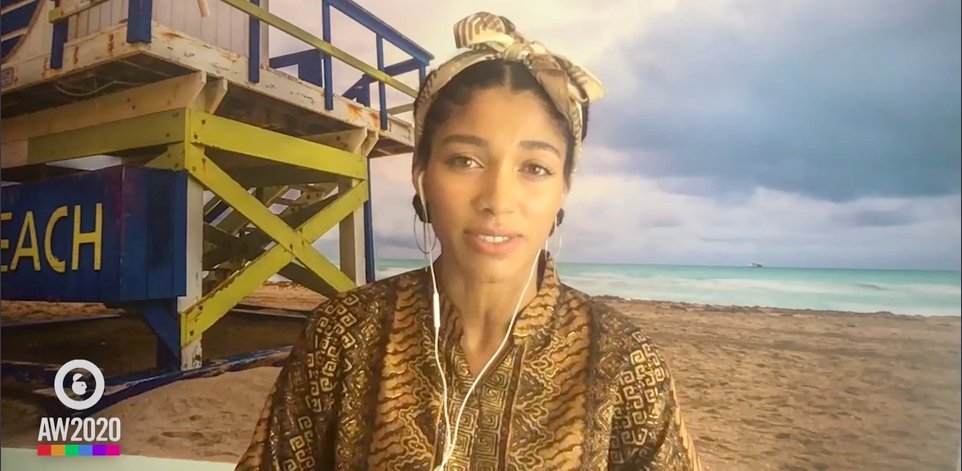
Joanna: What are your thoughts on the cohort approach?
Chris: “One thing that we are trying to do by working with so many identity partners and having an agnostic approach to the identity ecosystem is that we’re trying to have consented user, and if not, user household-level targeting and measurement options first. Any of the bird-themed proposals, i.e. TURTLEDOVE, PIGIN, FLoC, whatever they want to come up with next, would be the last resort for us.
Given that there’s going to be some give and take, consumers will see enhanced privacy by default, whereas advertisers will lose out on some of the campaign optimisations that they are used to making. If publishers lose 50% of their revenue by having a third-party deprecate, that changes the entire ecosystem and the economic model that these publishers can have. So, we do need to find a middle ground where the buy-side, sell-side and consumer are making a key-value exchange.”
Federated Learning of Cohorts (FLoC) forms part of Google Chrome’s Privacy Sandbox. It aims to group audiences based on behaviour and common interests, instead of each user having an anonymous identifier.
Two Uncorrelated Requests, The Locally-Executed Decision of Victory (TURTLEDOVE) is Google’s targeted advertising solution. It takes the place of the previously withdrawn Private Interest Groups, Including Noise (PIGIN) which came under the scrutiny of privacy concerns.
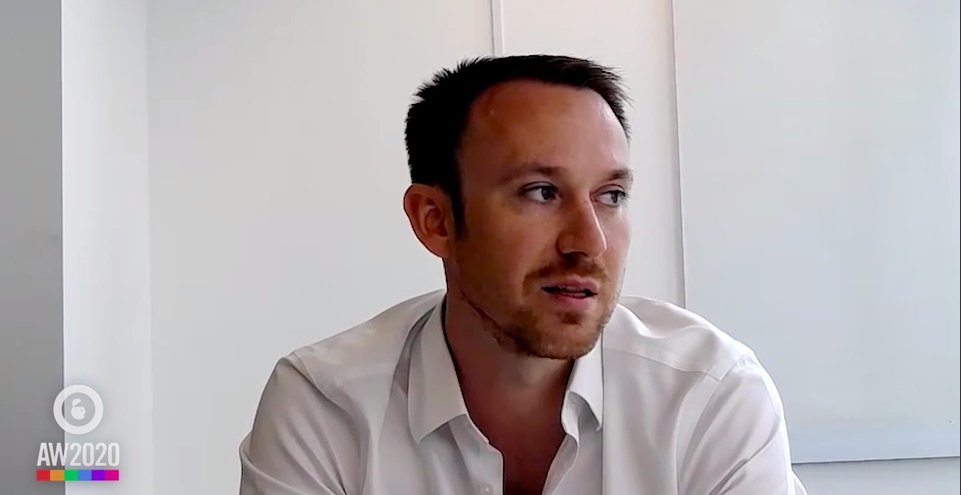
Joanna: How can we help explain this issue to consumers?
Lauren: “I think it’s interesting that everyone uses email (addresses) as an example for best practices for collecting first-party data to replace third-party cookies, when, if we collect emails, we have a whole different strategy for monetisation. It doesn’t have to then rely on the open exchange.
There’s no reason why we would continue to sell our inventory in that way, when we can translate those identities into different commercial approaches and whether that’s working with different platforms to distributions. I think it’s quite blunt to say that publishers will still be relying on display and it will just be lower yielding.”
The AW2020 virtual panel has undoubtedly shed some light on the perspectives, concerns and actions from key players across the advertising industry.
One of the most notable points to take away from this discussion is the idea that identity is something that we need to be having active talks about immediately, as explained by Joanna in her closing statement:
“It’s a clear message for the advertising industry – we’ve got around 18 months before we face the impact of the depreciation of third-party cookies in Chrome, following the other browsers. It’s a complex issue, and we’ve got a lot of work to do.
We must come together to collaborate, to share learnings, to test, whilst we’ve still got the deadline out in front of us. Together, we can all collectively make the digital advertising landscape work sustainably for all parties: consumers, publishers and advertisers, going forward for years to come.”
So, don’t wait on this topic any longer – start the conversation now.
